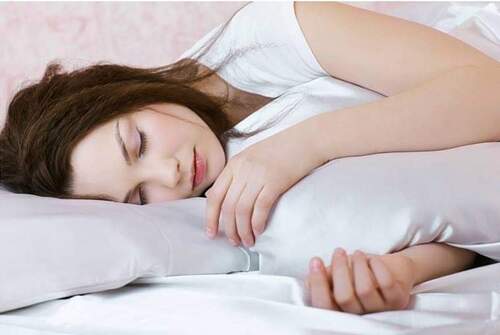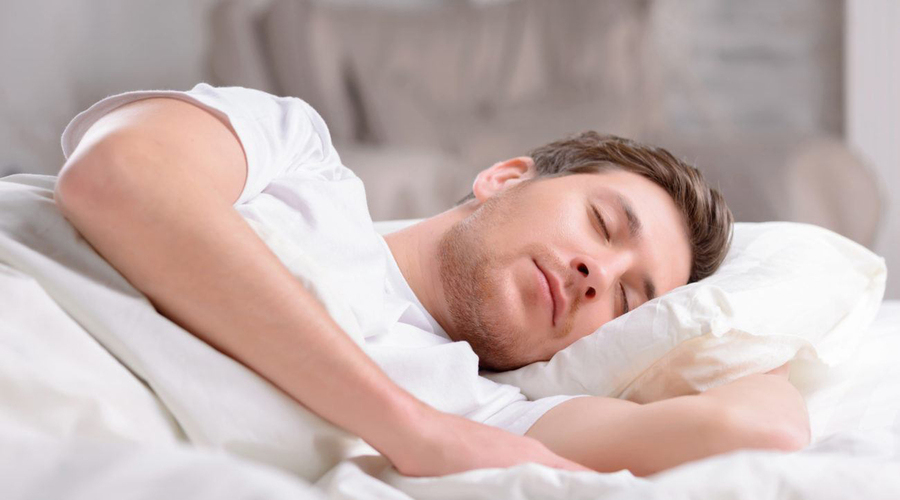Kaziwa Rashi
Sleeping is a form of relaxation in all parts of the body, especially the brain. Sleeping is essential for all animals. Sleeping not only affects the brain but also affects all biological activities. It has been proven that people who sleep poorly have weaker brains and bodies generally. On the contrary, those who sleep well are energetic and have a very active mind.
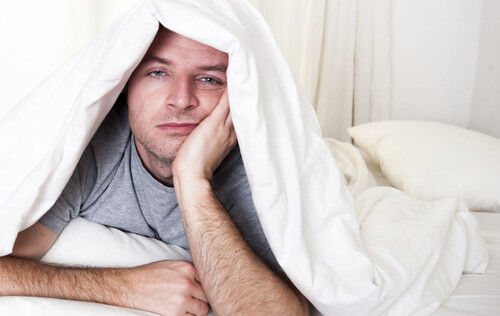
Generally, there are Two Types of Sleep
First, normal sleep: This is a sleep pattern that is performed only at night until sunrise with the best range from 9 p.m. to 7:00 a.m.
Second, sleep distribution: The sleep pattern that is divided into 24 hours per day.
Sleep is as important as eating and breathing. Reducing nighttime sleep is a cause of many problems such as depression, high blood pressure, etc. In addition to sleeping hours, the way you sleep is very important.
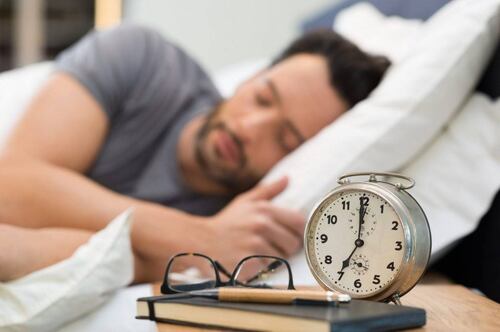
How many hours of sleep do people need every day?
Adults need 6 to 8 hours of sleep throughout the night. Waking up early and getting up at sunrise is a message from the brain to the body to increase the activity of the body. Staying in the light of the sun helps increase melatonin levels and is a reason to sleep peacefully at night. Each person's sleep time varies from person to person because our body has a clock that controls the sleep cycle.
The golden time of sleep is between 10 p.m. to 2 a.m. It's better not to miss this time and sleep during these hours, but you need to get up early in the morning so that you can sleep earlier at night.
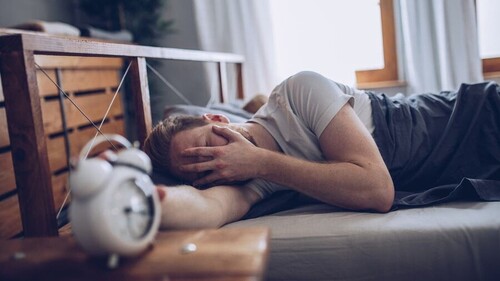
There are some bad habits that make you unable to sleep well at night such as:
1. Do not drink too much water before bed, because drinking too much water can cause you to wake up several times at night due to an increase in the amount of urine in your bladder.
2. In order to get a better night's sleep, it is better not to sleep during the day, besides it is good to go to bed at the same time every night and try to make a routine for sleep. If you sleep at the same time every night, your brain will be trained to sleep at night and wake up at the same time in the morning.
3. One hour before bedtime, do not use any electronic devices like cell phones, or laptops. The radiation emitted from a mobile phone or laptop screen causes the brain to emit less melatonin which is responsible for the regulation of your sleep. This makes your brain stay conscious and does not fall asleep easily. Therefore, phones and electronic devices should not be used at night. If used, it is important to reduce the brightness of the screen to protect your eyes.
4. Sleeping with a full stomach can disrupt the sleep cycle. This is in addition to obesity at the same time. Therefore, it is necessary not to eat heavy food for two hours before going to bed. In other words, dinner must be served at least 2 hours before sleep.
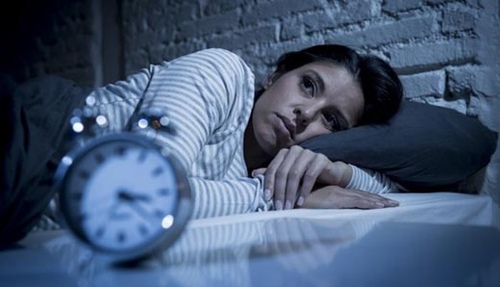
5. Daily exercise has many physical and psychological benefits for people. Every person must exercise daily to have a healthy life but exercising before bed can lead to sleep deprivation.
6. If your feet get cold in the winter, you will not be able to sleep easily. The best solution for this is to wear socks because they will increase your feet temperature and then the body temperature will decrease compared to the feet which will cause you to sleep better.
7. Coffee contains a lot of caffeine which increases brain activity and keeps it awake, thus, you should avoid drinking coffee four hours before going to sleep.
8. Try to sleep in a way that does not cause pain in your back, neck, and shoulders. To avoid pain after waking up, it is better to sleep on your side rather than on your back or chest.
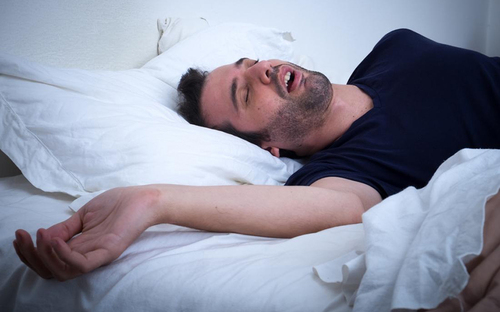
What are the disadvantages of oversleeping?
Sleep is one of the most important parts of every person's life and we need to sleep 6 to 8 hours a day to rest and strengthen our body. However, oversleeping is as bad as any other form of intemperance. The most common problems of oversleeping are:
Diabetes: There is a direct link between oversleeping and diabetes. Studies show that both lack of sleep and oversleeping can lead to diabetes. The damage of oversleeping is also very similar to the problem of not taking insulin by the body which complicates the process of absorbing and producing sugar.
Headaches: Some people experience headaches more often and this is generally higher on weekends and holidays. The researchers believe it can be the result of excessive sleep due to the amount of serotonin in the brain and those who sleep a lot during the day are more likely to have a bad night's sleep and thus experience headaches in the morning.
Edema: Oversleeping can put a lot of pressure on the body to produce cortisol. A small amount of cortisol can play an important role in the immune system but if there is a large amount of this substance in the blood, the body can become sick.
Depression: Serotonin is a chemical that gives the brain a sense of well-being that decreases due to elevated cortisol levels, resulting in excessive sleep and if the body's serotonin is complicated, it can cause depression.
